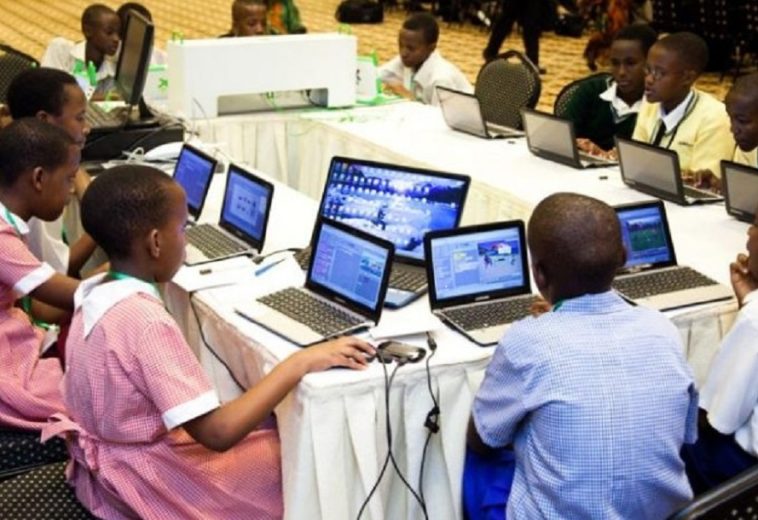African languages are gaining global recognition through films and Afrobeats, breaking down language barriers in entertainment with the aid of subtitles and dubbing. This growing trend presents significant opportunities for investment and co-production between Africa and the rest of the world.
The rise of African films has introduced global audiences to a diverse range of languages. Language barriers, once formidable, are now more easily overcome through dubbing and subtitles. Films like The Lion King and The Boy Who Harnessed the Wind have captivated international viewers, showcasing the beauty and diversity of African languages.
According to UNESCO, the African film industry has the potential to employ 20 million people and generate $20 billion in revenue annually. The digital revolution has dramatically transformed this industry, with many jobs now conducted via computers and other electronic devices. Actors increasingly inhabit digitally generated environments, using green screens and motion capture technology to create fantastical characters. This shift has also altered audience consumption habits, with over 450 million people in Africa now using the internet, driving demand for digital content and entertainment services.
The growing popularity of African languages in film offers a unique opportunity for co-production and investment between Africa and the global community. Filmmakers across the continent can collaborate to create innovative works that highlight the region’s rich cultural heritage.
The international distribution of African-made films fosters a deeper interest in communication and enhances cross-cultural understanding. African filmmakers, by navigating values and narratives in a changing societal landscape, contribute to the cultural legacy of the continent. Through their work, they can challenge post-colonial systems, protest injustices, celebrate unsung heroes, and advocate for social change.
International partnerships can support the growth of the African entertainment industry by investing in its film sectors and nurturing indigenous talent. Such collaborations not only boost the industry but also promote cross-cultural dialogue and understanding.
As African languages continue to gain global popularity, it is crucial to recognise their significance and support their advancement. By embracing the diversity of African languages, we can contribute to a more inclusive and connected world.




